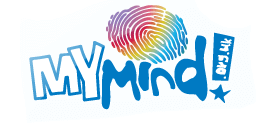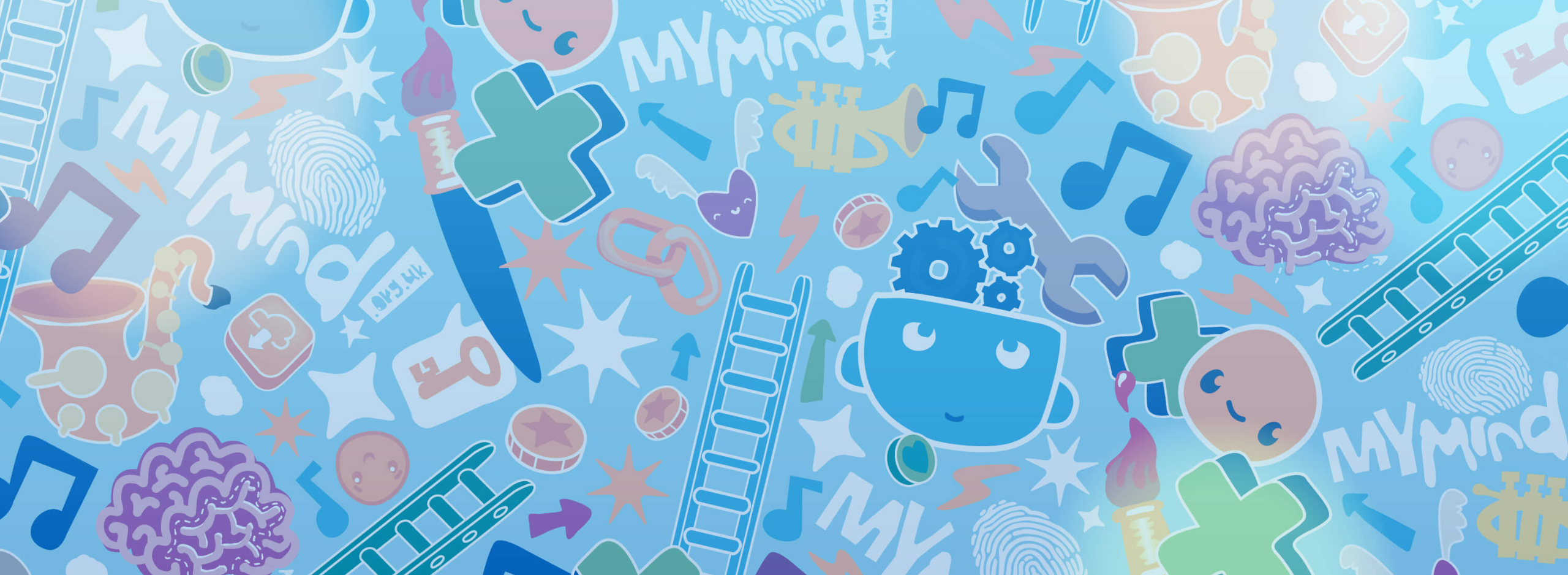List of pages
A referral is a request from a doctor, school nurse or social worker, for Children and Young People's Mental Health Services (CYPMHS) - formerly known as CAMHS - to see a child or young person and their family.
When might a child be referred?
If you have concerns about your child's mental health and emotional wellbeing, getting advice from a professional can help you to understand whether your child might need specialist support. Either your doctor, your child's school nurse, or their social worker if they have one, are all good places to start; they will ask you about the problems your child is having so that they can advise you on what sort of help is needed. If they think CYPMHS are the best people to help, then they will ask for us to see you and your child.
It could also be that somebody else suggests that your child might need extra help, because they've noticed behaviours that cause them concern.
What happens after a child is referred?
When we receive a referral, we will contact you to let you know where your child's first appointment will be, when it is and who they will meet. The whole family are invited to the first appointment, so that we all have a chance to talk about what's happening and agree the best way forward. It’s important to us that when you see us at CYPMHS you feel you are able to ask questions about anything that you are unsure of; this might be to better understand what we do as a service, who the different workers are, the treatments or therapies your child is receiving, or what’s going to happen next in your child’s care. We will always be happy to answer your questions; and if our answer isn’t clear to you, then we want you to ask us again.
Confidentiality
It is important that you are aware that at the age of 16 your child has a legal right to access our services independently and confidentially. For under 16's there are also some rare situations where your child may access our services without your knowledge.
When a worker or organisation says that you can speak to them confidentially, this means what you talk about will be kept as private as possible, and that they won't, unless they are very worried about your safety or the safety of others, tell anyone else what you say.
The rules on confidentiality are different depending on your age, but at CYPMHS we always try to get your permission before sharing information about you.
If you have any questions about confidentiality, you can ask your CYPMHS worker at any time.
Who knows I'm seeing CAMHS?
To start with, the only people that know you're seeing CAMHS are you, your parents/carers, your doctor and the person that asked us to see you (e.g. your school nurse); unless you choose to tell others. If we need to talk to anybody else, we will always try to ask you first.
Why do my parents/carers need to know?
This is because your parents are legally responsible for you until you are 16 years old, so we need to ask them before we can help you. But seeing CAMHS can help them too, they can learn ways to help solve problems and support you better.
There are some rare situations where your parents/carers might not need to know; your CAMHS worker will discuss this with you.
When might you want to talk to someone else?
We do sometimes need to talk about your worries with:
- Other people who know you e.g. your teacher or social worker, if we need more information about the difficulties you are having.
- Other people in CAMHS, so they can help us to help you.
- Your doctor and the person who asked us to see you, to tell them a bit about your problems and what we plan to do.
If we are really worried about your safety, or someone else's safety, we may have to tell somebody outside of our team, but we will try our best to speak to you first.
Who knows I'm seeing CAMHS?
To start with, the only people that know you're seeing CAMHS are you, your doctor and the person that asked us to see you (e.g. your school nurse); unless you choose to tell others. If we need to talk to anybody else, we will always try to ask you first.
Do my parents/carers need to know?
Once you turn 16, you have a legal right to confidentiality (privacy) and to give consent (agree) or refuse consent (refuse) for your own treatment, without the need to involve your parents/carers. But it can be useful to involve your parents/carers, so that you can listen to their views and they may be able to support you. The difference when you reach 16 is that you make the final decisions.
When might you want to talk to someone else?
We do sometimes need to talk about your worries with:
- Other people who know you e.g. your teacher or social worker, if we need more information about the difficulties you are having.
- Other people in CAMHS, so they can help us to help you.
- Your doctor and the person who asked us to see you, to tell them a bit about your problems and what we plan to do
If we are really worried about your safety, or someone else's safety, we may have to tell somebody outside of our team, but we will try our best to speak to you first.

